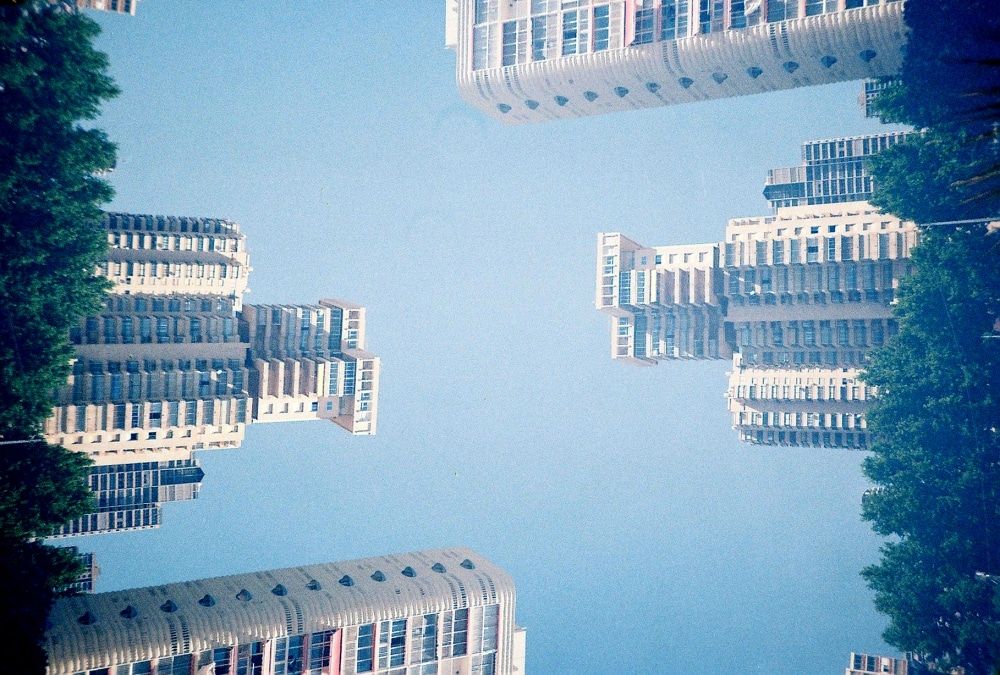In the summer we usually leave, it’s the season of going away. Everyone leaves home with their suitcase to go to a “better place”, and there’s no need to be sad or cry. We leave with a smile from ear to ear, they are not special dates, it doesn’t matter.

Summer makes the calendar flat, it doesn’t matter if it’s Monday or Friday. Everyone goes where they belong; summer, like the weather, puts everyone in their place. No matter where it is, it will always be better than being at home. We are looking for change, good weather, and above all, the most important, the essential: disconnection. There is nothing more typical of summer than disconnection, not the beach, not the ice cream, not even the old people
queuing up to plant their umbrellas first. Disconnection is the desire for change, the instinct to run away that comes over us every year in August and makes us end up halfnaked on a beach with hundreds of people who were looking for the same thing as us, to flee, to disappear, to feel alone. There is no place like beaches to find solitude, or rather, people desperately looking for a few metres of sand with its corresponding portion of water to feel like the most individual individuals in the whole universe. There is no travel story that does not include a deserted sunset, and if it exists, it is considered a failure.
It is paradoxical that in the age of communications, when there is more possibility of being in contact, we seek just the opposite, pure disconnection, as if everything we longed for has been turned against us. And a little bit it has; problems with the excessive use of social networks and the dependence they generate are becoming more common every day. But we don’t need to go to extremes to realise how harmful they can be, let’s look at everyday life, which is at least full of urgency; teleworking, e-mails, online classes, etc. Being at home is no longer the same as it was a few years ago; now it is being in the office, in class or at the psychologist. The definition of home will therefore have to change, because it is no longer just a place to live, it now has new uses, it is more public than ever and has new tenants who are not even present. And moreover, tenants who are all day long asking for attention. Every day it will be more and more common to be a bad host.
Availability has eaten us up. And we know that we are chewed up but at the same time there is some comfort in that, in knowing how to be. Very few people go on holiday and can’t resist uploading a photo to Instagram of the wonderful place they are in. There are also few who can’t bear not to see the latest posts of the trip that someone else is taking. In the article “Freedom as disconnection” by the philosopher Daniel Innerarity published by El País, the author points out that “connectivity is both a technical and a moral imperative. It is about always being integrated, available, accessible”. In other words, it is no longer so much about the mobile, whether I turn it off or put it on aeroplane mode so as not to check notifications; it is our way of acting, the way we behave, our needs, in the end, what we all understand as life.
Maybe the only way to feel yourself is to go out at five in the morning to stick your umbrella in and claim the portion of individuality that as human beings does not belong to us and is denied to us day after day. Maybe that’s what it’s all about, to show up at sunrise and say “here I am”. Perhaps the only way to disconnect for a few minutes is to plunge into solitude accompanied by the deserted beaches of Benidorm.
Sigue toda la información de HIGHXTAR desde Facebook, Twitter o Instagram
